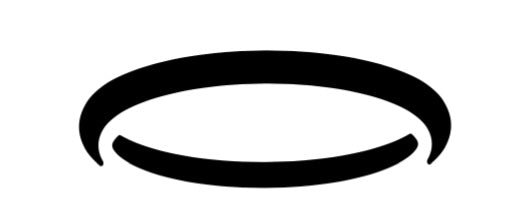Let’s bust a myth right off the bat: eating fat doesn’t automatically make you fat. In fact, your body needs fat to function properly. The key lies in knowing which fats to choose and how to include them in your diet.
What is Fat, Really?
Fat is one of the three essential macronutrients, alongside protein and carbohydrates. It gives you energy, supports cell growth, helps your body absorb vitamins, and keeps your brain happy.
The Good Fats (Yes, They Exist)
Not all fats are villains. Some are downright heroes. Look out for:
-
Monounsaturated fats: Found in olive oil, avocados, and nuts. They help lower bad cholesterol.
-
Polyunsaturated fats: Found in fatty fish, walnuts, and flaxseeds. Great for your heart and brain.
-
Omega-3s: These are superstar fats that support brain health and reduce inflammation.
The Not-So-Good Fats
-
Saturated fats: Found in red meat, butter, and cheese. Fine in small doses, but too much can raise cholesterol.
-
Trans fats: These are the real troublemakers, often found in processed snacks. Avoid them when possible.
Should I Go Low-Fat?
Not necessarily. Low-fat diets can sometimes strip out the good fats your body needs. Instead, focus on balance. Choose whole foods and cook with heart-healthy oils. Think Mediterranean, not microwave meals.
Fat Tips for Real Life
-
Add avocado to your toast, not just Instagram.
-
Snack on nuts instead of crisps.
-
Grill salmon once a week.
-
Read labels: if you can’t pronounce it, maybe skip it.
Fat isn’t the enemy. It’s a vital part of your diet when you choose wisely. Embrace the good fats, keep the bad ones in check, and your body will thank you.

